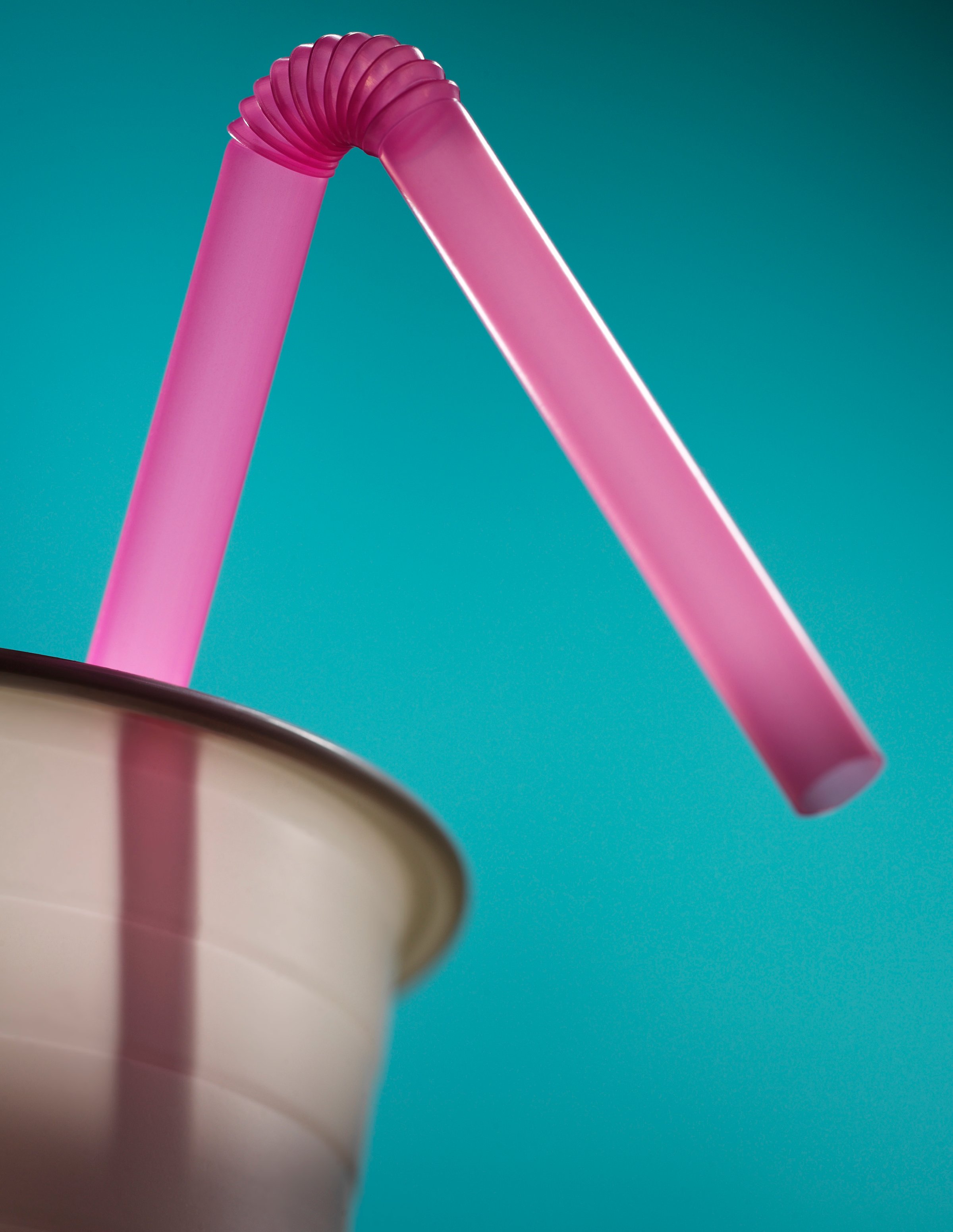
Grenier is an actor, activist and a co-founder of the Lonely Whale Foundation.
Celebrities often have odd proclivities. One of mine is single-use plastic straws, which I refuse to use. I know, it sounds like a weird habit — and maybe because of that, not all that shocking for an actor like me to be talking about it. But honestly, I think you should pick it up, too. I would love for you to, well, stop sucking.
Let me try to convince you that this is maybe not just a weird hangup. (I know, it’s hard to resist the trolling temptation here.) It’s actually a small act of heroism.
We use 500 million plastic straws every day in the U.S. alone, and these single-use plastics are just one of the myriad plastic products that add up to a total of 300 million tons of plastic waste created every year. Worse still, most plastic straws are too lightweight to make it through the mechanical recycling sorter. They drop through sorting screens and mix with other materials and are too small to separate, according to Seattle public utilities staff, contaminating recycling loads or getting disposed as garbage. Today, not even 10% of all plastics we produce are recycled, according to the 5 Gyres Institute, and we’re feeling that impact.
Scientists estimate that by 2050 there will be more plastic in our ocean than fish. If that sounds outlandish, consider this: every single plastic product we’ve ever created still exists today. Plastics are not biodegradable, which means they never truly go away. Instead, they break up into smaller and smaller pieces, known as microplastics. These tiny plastic pieces are choking our ocean and ending up back on our plates, through the bellies of fish who eat these tiny plastic pieces, mistaking them for food.
While plastic straws are just a fraction of the plastic pollution problem, they are our gateway into the larger ocean health conversation. For many of us, they are unnecessary, and refusing a plastic straw is an easy way for individuals and also for businesses to have a positive impact on the ocean — regardless of where they are. The plastic straw is the hero we need to help lead creative, corporate and cultural leaders toward a new trend of responsibility.
It’s working. This September in Seattle, my team and I at the Lonely Whale Foundation launched Strawless In Seattle, a celebratory campaign highlighting the commitments of the CenturyLink and Safeco Fields, Port of Seattle, the Space Needle and over 100 restaurants, bars and hotels that have all transitioned permanently away from the single-use plastic straw. The action taken by the MLB, NFL and James Beard Foundation Award–winning chefs is a sign that not only is our culture shifting, but our business practices are, too. This is the wave of change our ocean — and we — needed.
There are sustainable alternatives that enable us to no longer succumb to the siren’s call of consumption, and we can work together to create even more innovative solutions to help heal our earth and our ocean. So to start, I’m offering a single ocean-positive habit to corporations and to you: #stopsucking.
More Must-Reads from TIME
- Donald Trump Is TIME's 2024 Person of the Year
- Why We Chose Trump as Person of the Year
- Is Intermittent Fasting Good or Bad for You?
- The 100 Must-Read Books of 2024
- The 20 Best Christmas TV Episodes
- Column: If Optimism Feels Ridiculous Now, Try Hope
- The Future of Climate Action Is Trade Policy
- Merle Bombardieri Is Helping People Make the Baby Decision
Contact us at letters@time.com